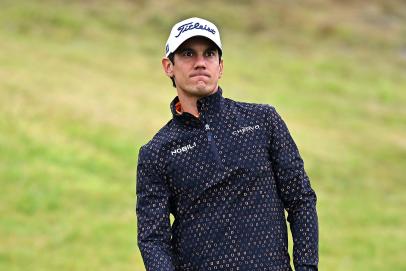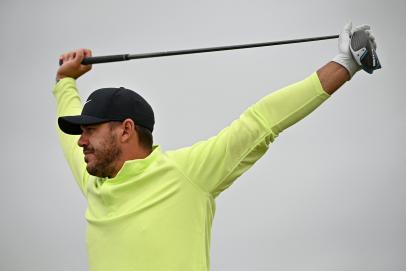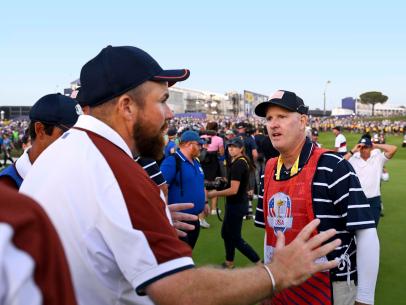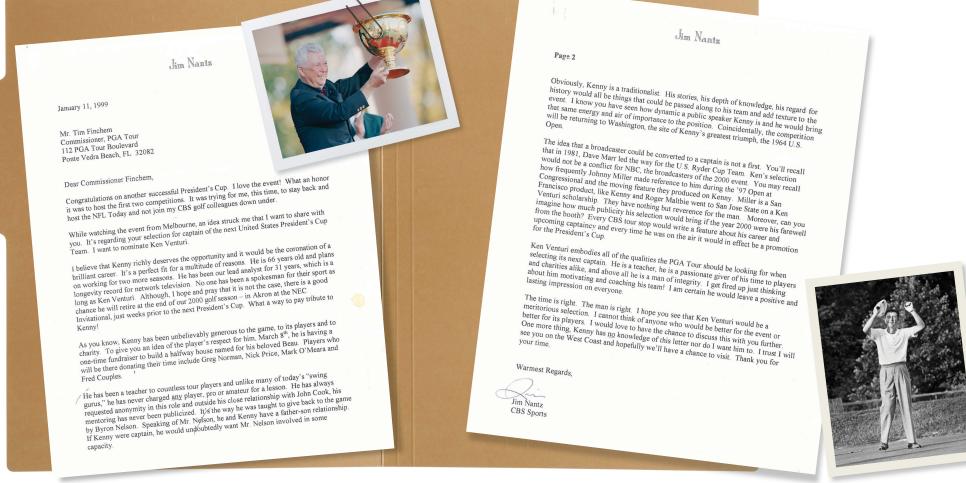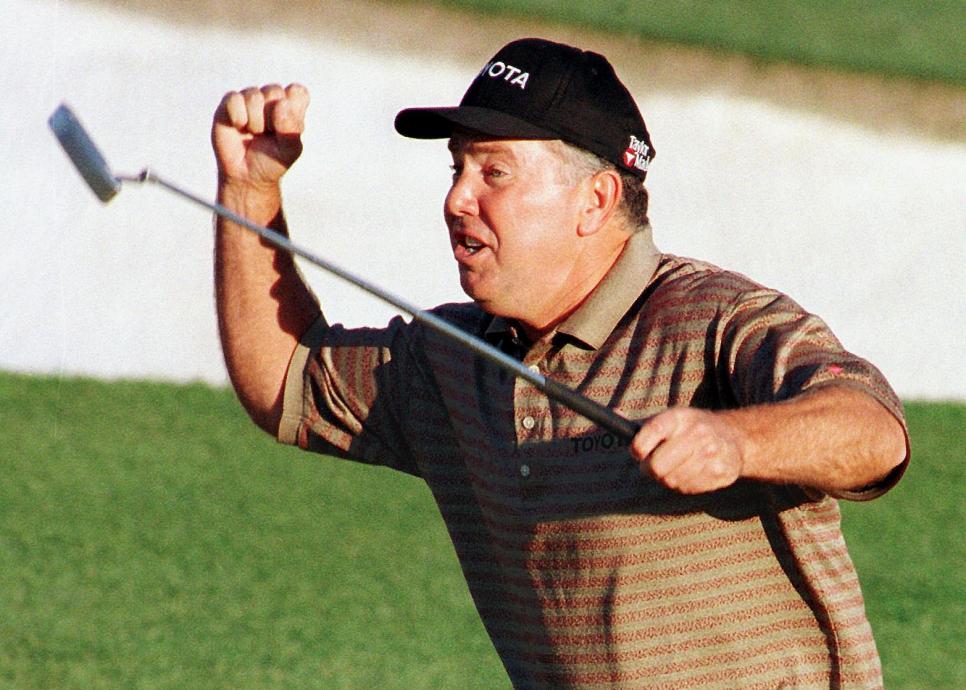Opinion: Heroes Remembered – Australian Golf Digest

- by Admin
- July 23, 2024
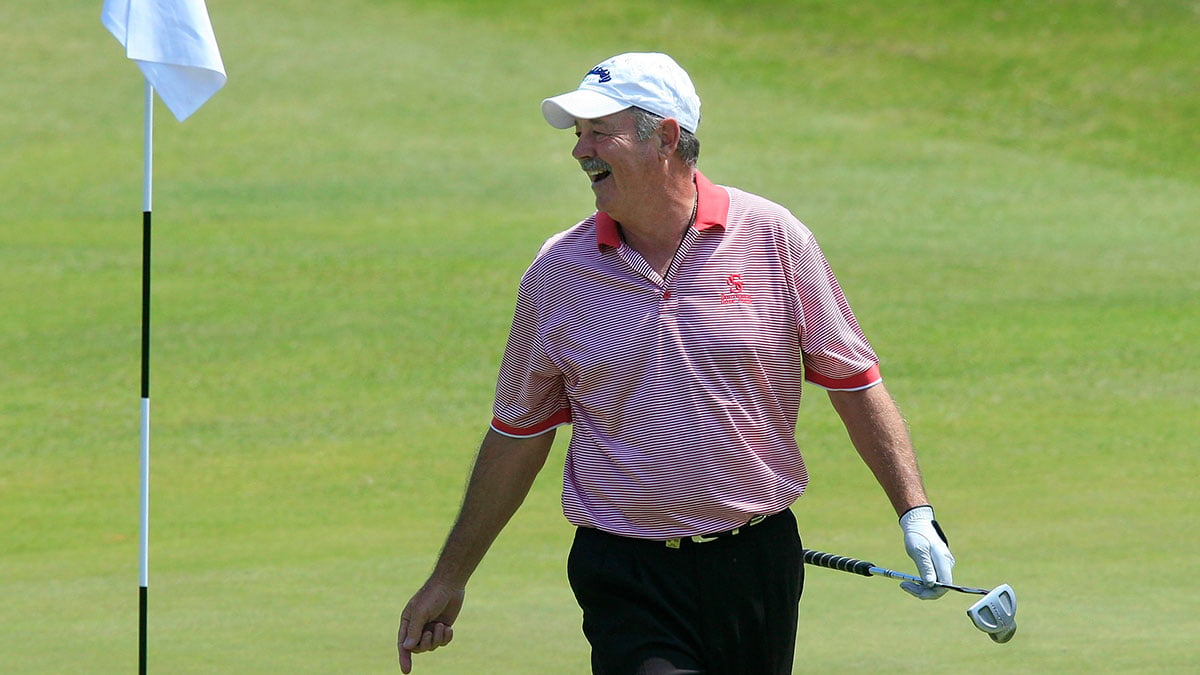
What is sport without heroes?
Lonely is the man without heroes is the title of a little-known novel about The Troubles in Northern Ireland published in the 1980s, later made into a BBC drama. The phrase has always struck me as apt for the sports-lover, for what is sport without heroes, men or women? It came to mind again a day after winter began, a cold Sunday in which the sunshine did little to provide bodily warmth. That same sunshine, though, illuminated in happy fashion the unveiling of a bronze statue of Bob Shearer at Southern Golf Club on the south-eastern edge of Melbourne’s Sandbelt.
Shearer, like other sons of the Sandbelt, was a true hero of Australian golf in the 1970s and early 1980s, upholding the tradition of Australian men contending and winning on the world stage. That his home club has honoured him with a wonderful bronze image is testimony to that.
Attending the unveiling ceremony, listening to words from Rodger Davis and Bob’s wife Kathie – well-known to golf writers over the years – and gazing at the bronze, I reflected on Shearer’s era in professional golf, recalling his great mates Jack Newton and Ian Stanley, and his peers such as Graham Marsh, Terry Gale and a few other players. As a teenager and older, via my father, I knew these men well. Their efforts in the 1970s and 1980s all over the world were heroic, perhaps overshadowed by the swashbuckling record of Greg Norman who came immediately after them.
We should not forget that during a time of American dominance in golf (this being before Norman, Ballesteros, Faldo, Woosnam, Lyle and Langer) it was often the Australians who rose to the American challenge. Shearer and Jack Newton were in the thick of that fighting. In the Australian golf fans’ collective mind, they were probably the most prominent characters.
Both were quintessentially Australian men: laconic, fond of both a good fight and a few beers afterwards, good family men, but above all driven to great heights by the chance to take on the best in the world and not flinch while doing so. Think Cam Smith destroying Rory McIlroy at St Andrews in 2022; the quiet man defeating the talkative celebrity. Smith’s victory was an echo not only of Kel Nagle’s defeat of Arnold Palmer at St Andrews in 1960, but also of Shearer’s defeat of Jack Nicklaus in Sydney at the 1982 Australian Open.
At the time Nicklaus was beyond doubt the best player in the world. He was a formidable competitor and was heavily favoured to win our championship. Earlier in the tournament Shearer had called a two-shot penalty on himself after a disaster in a bunker. “I couldn’t have lived with myself if I hadn’t done that,” he said of the penalty. Such was the character of the man: to the true golfer, rules, ethics and reputation matter as much as the final score.
On the final hole, a par 5, Nicklaus was pressing Shearer relentlessly. The American hit his second shot to the back of the green. Shearer had the choice of a lay-up and a chip shot to win. Yet, against the ferocious advice of his caddie to the contrary and even from a nearby rules official, he elected to fire for the green. He hit a 3-iron that found its mark. Nicklaus smiled in admiration for a courageous peer. Shearer won, and afterwards he and Kathie became good friends with Jack and Barbara. The two gentlemen shook hands and Shearer became a true hero of Australian sport – modest in victory, very much the everyday fellow who had employed his God-given talent, leavened with a dash of bravery, to inspire his fans.
Newton deserves a column of his own, not least for his grit in the playoff with Tom Watson for The Open at Carnoustie in 1975, let alone his post-accident career as a commentator and supporter of junior golf. Too few remember that he also came close to winning the Masters in 1980.
Both men won tournaments not just at home in Australia but in Europe, Britain and America. That was the standard set in the 1950s and 1960s by their predecessor champions, and the two of them lived up to that. It has been the standard ever since. You have to win everywhere to take your place in the pantheon.
For many of we older golf fans, Bob Shearer and Jack Newton defined the 1970s. People say that Norman’s charisma and success were the rocket fuel behind the increase in Australians playing golf in the 1980s and thereafter. This may be so, and all credit to the man. But Shearer and Newton and their colleagues of the 1970s deserve no less recognition for keeping the flame alive before that. In the history of professional sport one thing is certain – all champions stand on the shoulders of the champions who came before them. The true players know this to be the case.
getty images: phil inglis
The Latest News
-
September 20, 2024Arnold and Gustavsson’s legacies will be defined by what Australian football does next
-
September 20, 2024It’s been a career-changing season for this tour pro, but he’s too polite to brag about it – Australian Golf Digest
-
September 20, 2024To compress the ball, remember this secret move you can train in the gym – Australian Golf Digest
-
September 20, 2024Simple answers to dumb golf questions – Australian Golf Digest
-
September 20, 2024Undercover Caddie: How team events can upset the looper-player dynamic – Australian Golf Digest
